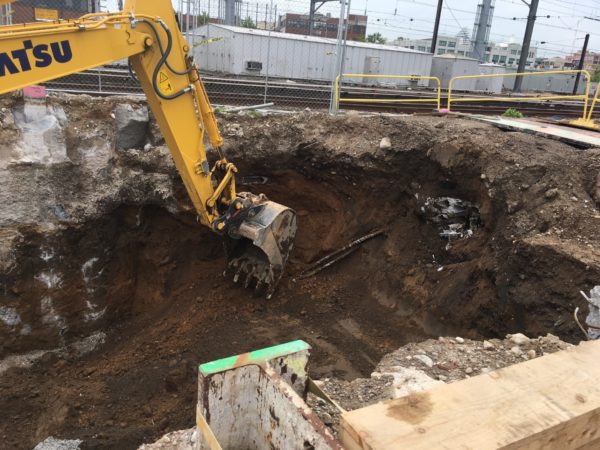How do you manage budget, scope and time? Which one should you prioritize? Many times, we have encountered this situation and it seems like no one has the right answer.
Managing change orders in construction projects can be cumbersome and potentially derail the project success. Managing changes requires skills and knowledge to find the sweet spot balancing the triple constraint in project management.
Let’s see what techniques and approach you can use to manage changes without sacrificing quality.
Scope Definition
More than 75% of the changes relate to scope creep or poor defined scope. A project must be clearly defined from start to finish, establishing clear acceptance criteria and having a well-defined scope. How do you go about defining scope? It all will start with the project manager and project sponsor so it is recommended interviewing them to obtain the clear scope definition while understanding the expectations of the project.
Unforeseen Conditions
This is a tricky one. How much due diligence is required? Depending on the first answer you might want to expand your due diligence and analysis prior to committing to any specific scope. It is recommended to add language to your contract, and even creating a scoping contract that will eventually lead to a final contract on which you can spend time addressing project unknowns.

Unforeseen condition are a common cause for changes. Photo Flickr MTA Capital Construction
The approach for this solution will be to present the project owner the benefits and costs associated to this pre-scoping contract, knowing that at the end this phased approach will result in savings to the project itself, fewer issues and a faster construction process. The pre-scoping contract must have specific language allowing you as a contractor, to opt-out if risks are too high or to provide recommendations based on your findings that can better define scope.
Pricing Methods
A common issue for contractors and project owners is the inconsistency in project unit and unit prices. We have seen many times linear foot, while some are per meter basis and issues like this that develop potential issues when putting a bid together. It can be easily overlooked by both, that the units are not the right ones, or contractors are providing their cost on lump sum basis while the project is asking for unit prices. Be sure to understand the specific contractual requirements and don’t be shy, let the project owner know that the units are not consistent. A contractor that proposes new units it is perceived as an ally for the project owner and someone that has the understanding and attention to detail when putting a bid together.
Time Extension
Time is of essence, but it is more important when the contractor has a solid and updated schedule. A good schedule is fundamental, and a critical piece of information used to complete a time impact analysis. A TIA is used by many owners and contractors to demonstrate the time required to complete the changes. The analysis can save you thousands of dollars due to avoided liquidated damages and a tool to validate the relationship between tasks and activities that a priori might not appear to be affected by the proposed changes.

Schedules are critical for managing changes. Flickr rosenfeldmedia
Material Delays
Delays related to equipment, either provided by the owner, specified by the AEC or because other factors have affected the manufacturing process are additional items to consider when managing changes. The contractor must clearly recognize any issue related to long lead material and if this affects the schedule, formal notification is required to validate your claim and subsequent change order. Consider that other labor related aspects, not necessarily tied to the material itself could also be affected by these delays. The resource availability to install an equipment needs to be taken into consideration as it is an indirect cause related to delivery of equipment and material delays. Be prepared to provide options, substituting the specified material if you just want to get it done. This is considered part of value engineering, and it has a cost associated with it.
Managing Changes in Construction
Changes in construction project will occur so it is important to understand that not all changes will affect schedule, budget and scope. Some changes might be inevitable to develop a better product, facilitating the installation process or even simplifying scope so be careful when analyzing your proposed change. A contractor must also think that for every change there could a reduction in scope in another area so be ready to extend the right credit for the work not being completed or being changed. It is essential to note, that misinterpretations of contractual documents generally are contractor’s responsibility so avoid issuing changes related to this aspect. Low bidding a job could be dangerous and might lead to cancelling your contract if proven right. Learning curve aspects are not an acceptable change in construction so be ready to include training time into your schedule and project budget. The type of contract is another key item that needs to be reviewed before submitting a change order request.
How do you manage changes with your construction project? Share your techniques below to help out your fellow professionals.


